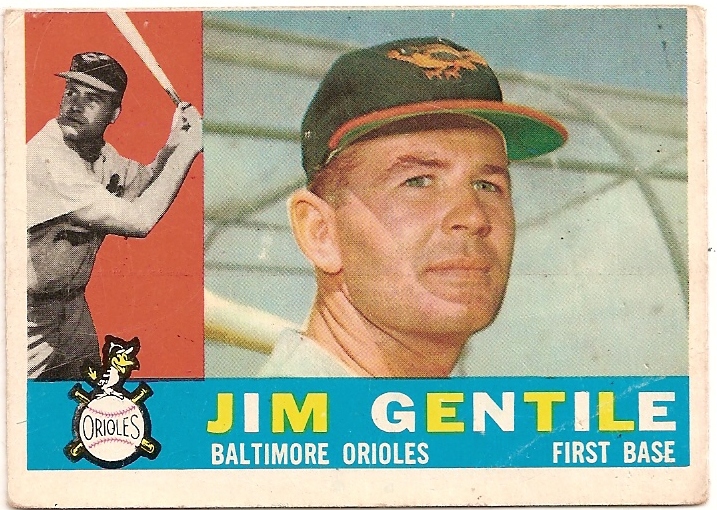TnRob
Full Member
I have a buddy in the coin business and he says not to clean or just soak coins in water or olive oil (coppers). Be very gentile when cleaning...
If you want to put your coin in an ACIDIC organic solution, than soak it in olive oil. I've ruined a few that way.I have a buddy in the coin business and he says not to clean or just soak coins in water or olive oil (coppers). Be very gentile when cleaning...


Clean coins like a Gentile
hahahhh Genitles are much more gentle when cleaning coins!


As a kid, I was told NOT to clean coins at all. I am not an avid coin shooter or collector. But I do have quite a few coins. I wash them is all I do. Thanks for the info. though.... wondered if I was correct.

I think there are very few ancient coins which haven't been cleaned in *some* way. Silver coins can get "horn silver", which is an actual chemical change. I don't remember how to handle that.
Bronze coins can get "bronze disease", which is actually contagious. I think it is some sort of chloride problem that will continue to progress, especially in high humidity, and can contaminate other coins. I believe that after picking as much away as you can, you have to soak the coin in sodium sesquicarbonate to combine with the rest of the bad compound. It's not a quick process.
Us collectors of ancient coins, while still appreciating nice coins, have different standards than collectors of more modern coins. I say "collectors of ancient coins" rather than "ancient coin collectors", because many collectors of modern coins are more ancient than me.
-- Tom
I have a buddy in the coin business and he says not to clean or just soak coins in water or olive oil (coppers). Be very gentile when cleaning...
Thanks Gabbity, good info. Maybe I should write my own book. I'll call it, "The Dummy that collects coins" lol


Leozdad, this may sound extreme but I never clean in the field. I don't know enough about all of the key dates out there and I do not want to ruin a coin by trying to see the date. Water is a good way to start.Ok I'm very new to the hobby. When you do find a coin what is the best way to clean off the initial dirt to see what it is? Do you use a brush or something? Sorry if it's a dumb question, I'm a noobie !

